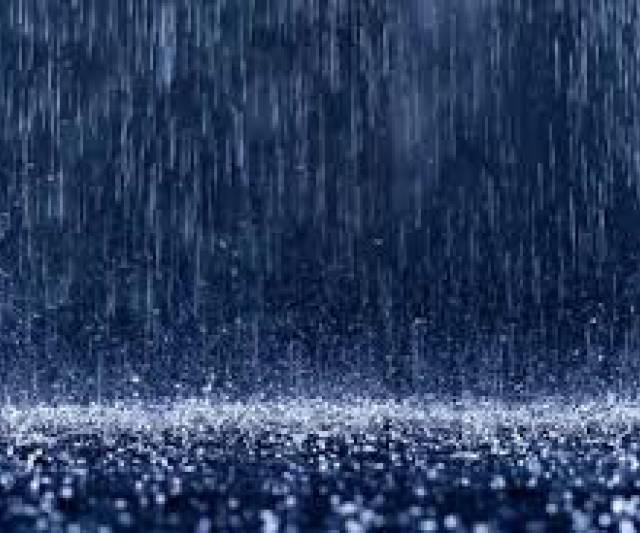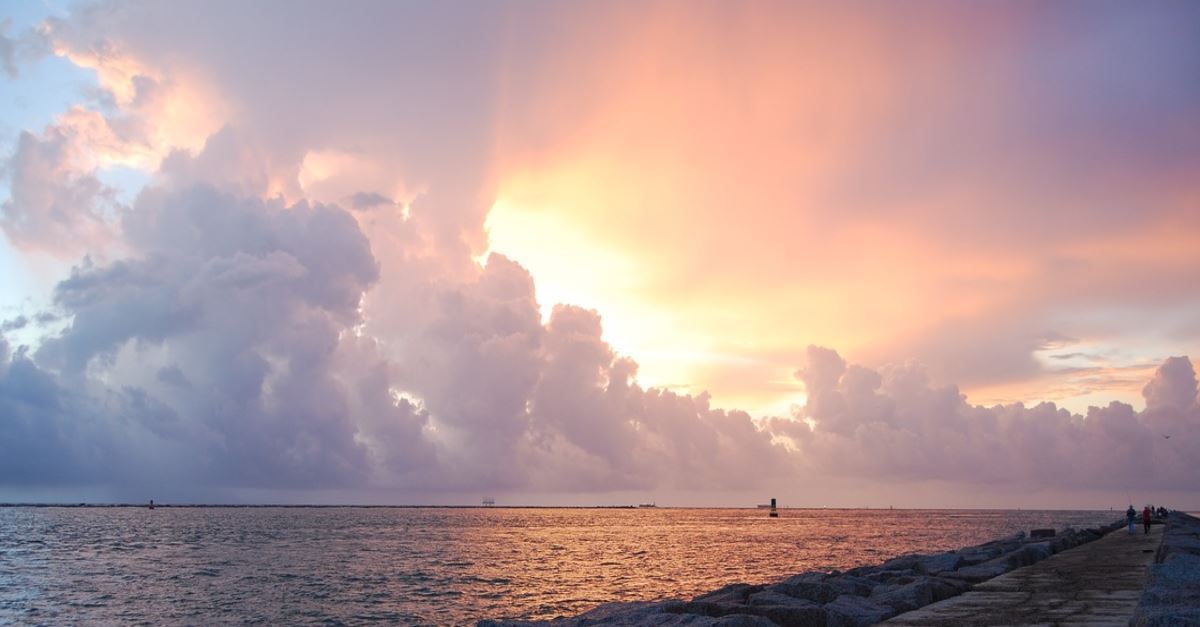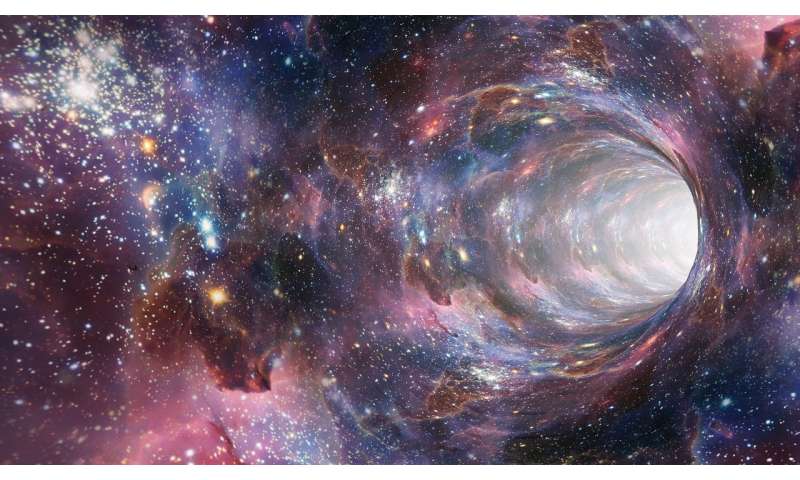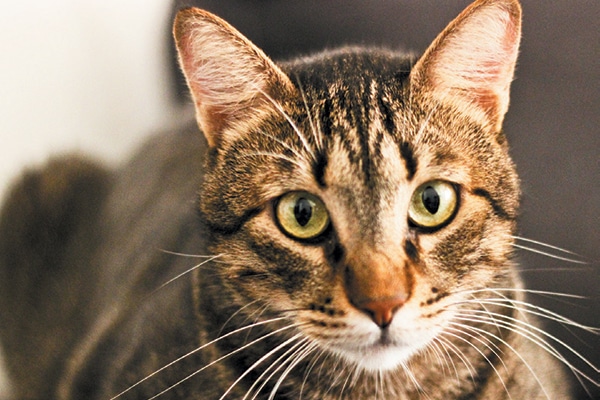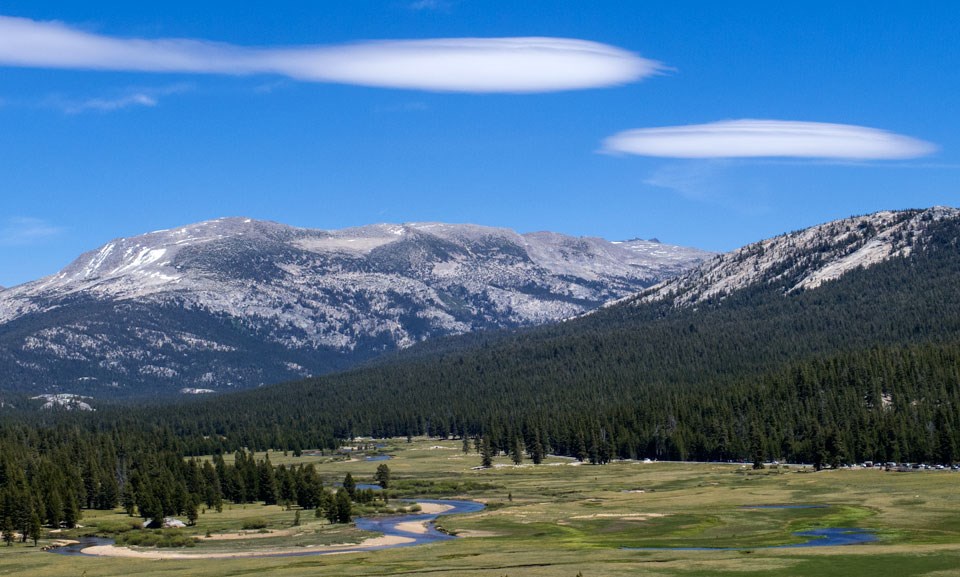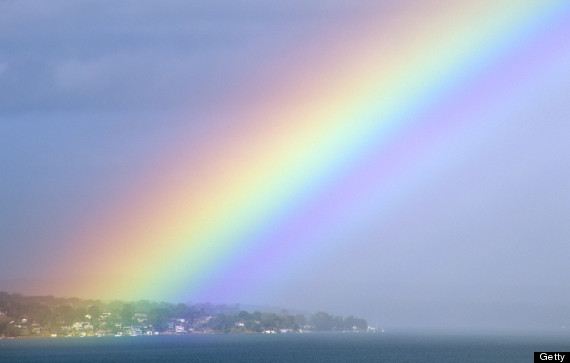 Think about our Jewish brothers and sisters today. At sundown last night, Jews around the world entered into the most sacred time of their year: the high holy days, the Days of Awe. Beginning with Rosh Hashana (the New Year) and culminating in Yom Kippur (Day of Atonement), these days give every Jew opportunity to reflect on the past and prepare for the future. They're marked by repentance, discipline, singing, gathering, reading, and meditation, moments of intense inwardness--always in community--regarding one's relationship with his/her fellow human beings and God.
Think about our Jewish brothers and sisters today. At sundown last night, Jews around the world entered into the most sacred time of their year: the high holy days, the Days of Awe. Beginning with Rosh Hashana (the New Year) and culminating in Yom Kippur (Day of Atonement), these days give every Jew opportunity to reflect on the past and prepare for the future. They're marked by repentance, discipline, singing, gathering, reading, and meditation, moments of intense inwardness--always in community--regarding one's relationship with his/her fellow human beings and God.All of us can learn from the Days of Awe. All of us can profit from taking time to think, to really think about what and how we are doing with our life, about where we have been, spiritually, vocationally, and personally, and where we want to go, come tomorrow. In this often shallow, media driven age, we all can benefit from setting ourselves apart to ponder deeper things, to contemplating the greater meaning and realities in which we move.
Although we may not believe we move in a bigger picture, we fool ourselves if we think we can live meaningfully without accepting the fact of its presence. We are born for transcendence, we are made to look beyond the immediate and present. In these Days of Awe, our Jewish brethren remind us that we are more than material concoctions, more than nexuses of chemical exchange. They tell us that we are creatures of this earth, yes, but simultaneously, to borrow the name of an REM song, creatures of the "Great Beyond."
Enjoy your pondering.
